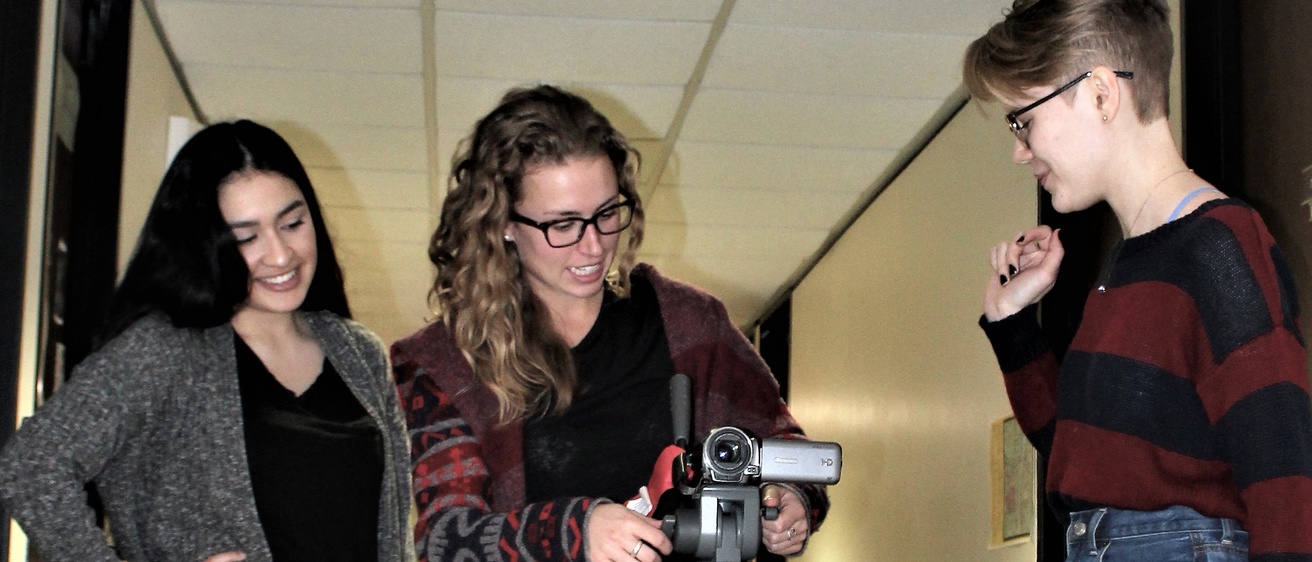Megan Schott (Master of Arts, Urban and Regional Planning, 2020) grew up in Des Moines, but her family's roots in rural Iowa span generations. Centuries of farm work and hardship narratives have informed her traditional perspective of Iowa's small-town life.
That perspective shifted during the spring 2019 semester—and opened a professional pathway to new possibilities—when Schott saw a fresh side of Iowa's cultural landscape.
Schott was one of nine students in the Community Development course in the Upper Midwest. The class, taught by Charles Connerly, professor, and director of the School of Urban and Regional Planning, partnered with Columbus Junction, Iowa, as part of the Iowa Initiative for Sustainable Communities (IISC).
The IISC partners faculty, staff, and students with urban and rural communities to complete projects that enhance the sustainability of Iowa's communities while transforming teaching and learning at the university.
Throughout the semester, Schott and her peers worked with Latinx teens in Columbus Junction's Upward Bound program to produce videos and books helping to tell the 150-year story of their community through interviews and historical artifacts.
The video project helped identify a new and changing identity for the community, which involved immigrants and the Latinx population, a stark contrast to the identity of small-town Iowa, where Schott grew up.
After the course, Schott's now eyeing justice-oriented positions or municipal jobs in local government.
"Seeing the diversity of Iowa communities was eye-opening," Schott said.
"When people originally asked me what I wanted to do after graduate school, I would've said I want to be in a diverse, urban environment because I feel like that's where I can make a serious impact," Schott said. "But I discounted the diversity of our home state in certain cases."
"Some Iowa communities are incredibly diverse, with unmet needs for community building and engagement," Schott said.
The IISC's integration of a real-world project into the course significantly impacted the students' learning of the material.
"Our interactions in the community informed our reading and our class discussions. I think our class discussions and reading informed the questions that we asked in our interviews and how we approached those conversations in a respectful, open-minded way," Schott said. "I think the readings and experiences in the community informed each other. They were both critical to the learning process."
Schott's knowledge of Iowa's agricultural background brought a unique perspective to their study of the Midwest and helped highlight and identify how small-town identity has changed over the years while shifting her perspective on diversity in Iowa.
